当前位置:网站首页>成功解决raise TypeError(‘Unexpected feature_names type‘)TypeError: Unexpected feature_names type
成功解决raise TypeError(‘Unexpected feature_names type‘)TypeError: Unexpected feature_names type
2022-08-11 00:34:00 【一个处女座的程序猿】
成功解决raise TypeError('Unexpected feature_names type')TypeError: Unexpected feature_names type
目录
解决问题
raise TypeError('Unexpected feature_names type')TypeError: Unexpected feature_names type
解决思路
类型错误:意外的 feature_names 类型
解决方法
经过分析发现,
原函数参数要求类型是list类型,
而当前出错的代码却提供了pandas.core.indexes.base.Index类型
feature_names : list, optional. A list of feature names. It allows to specify feature names when they are not provided by an estimator object. This argument may be supported or not, depending on estimator type.feature_names :列表,可选。 feature 名称列表。 它允许在估算器对象未提供特征名称时指定它们。 根据估算器类型,可能支持或不支持此参数。
源代码解析
def show_weights(estimator, **kwargs):
""" Return an explanation of estimator parameters (weights)
as an IPython.display.HTML object. Use this function
to show classifier weights in IPython.
:func:`show_weights` accepts all
:func:`eli5.explain_weights` arguments and all
:func:`eli5.formatters.html.format_as_html`
keyword arguments, so it is possible to get explanation and
customize formatting in a single call.
Parameters
----------
estimator : object
Estimator instance. This argument must be positional.
top : int or (int, int) tuple, optional
Number of features to show. When ``top`` is int, ``top``
features with
a highest absolute values are shown. When it is (pos, neg)
tuple,
no more than ``pos`` positive features and no more than
``neg``
negative features is shown. ``None`` value means no limit.
This argument may be supported or not, depending on
estimator type.
target_names : list[str] or {'old_name': 'new_name'} dict,
optional
Names of targets or classes. This argument can be used to
provide
human-readable class/target names for estimators which
don't expose
clss names themselves. It can be also used to rename
estimator-provided
classes before displaying them.
This argument may be supported or not, depending on
estimator type.
targets : list, optional
Order of class/target names to show. This argument can be
also used
to show information only for a subset of classes. It should
be a list
of class / target names which match either names provided
by
an estimator or names defined in ``target_names``
parameter.
This argument may be supported or not, depending on
estimator type.
feature_names : list, optional
A list of feature names. It allows to specify feature
names when they are not provided by an estimator object.
This argument may be supported or not, depending on
estimator type.
feature_re : str, optional
Only feature names which match ``feature_re`` regex are
shown
(more precisely, ``re.search(feature_re, x)`` is checked).
feature_filter : Callable[[str], bool], optional
Only feature names for which ``feature_filter`` function
returns True
are shown.
show : List[str], optional
List of sections to show. Allowed values:
* 'targets' - per-target feature weights;
* 'transition_features' - transition features of a CRF model;
* 'feature_importances' - feature importances of a decision
tree or
an ensemble-based estimator;
* 'decision_tree' - decision tree in a graphical form;
* 'method' - a string with explanation method;
* 'description' - description of explanation method and its
caveats.
``eli5.formatters.fields`` provides constants that cover
common cases:
``INFO`` (method and description), ``WEIGHTS`` (all the rest),
and ``ALL`` (all).
horizontal_layout : bool
When True, feature weight tables are printed horizontally
(left to right); when False, feature weight tables are printed
vertically (top to down). Default is True.
highlight_spaces : bool or None, optional
Whether to highlight spaces in feature names. This is useful
if
you work with text and have ngram features which may
include spaces
at left or right. Default is None, meaning that the value used
is set automatically based on vectorizer and feature values.
include_styles : bool
Most styles are inline, but some are included separately in
<style> tag;
you can omit them by passing ``include_styles=False``.
Default is True.
**kwargs: dict
Keyword arguments. All keyword arguments are passed to
concrete explain_weights... implementations.
Returns
-------
IPython.display.HTML
The result is printed in IPython notebook as an HTML
widget.
If you need to display several explanations as an output of
a single
cell, or if you want to display it from a function then use
IPython.display.display::
from IPython.display import display
display(eli5.show_weights(clf1))
display(eli5.show_weights(clf2))
"""
format_kwargs, explain_kwargs = _split_kwargs(kwargs)
expl = explain_weights(estimator, **explain_kwargs)
_set_html_kwargs_defaults(format_kwargs)
html = format_as_html(expl, **format_kwargs)
return HTML(html)边栏推荐
猜你喜欢
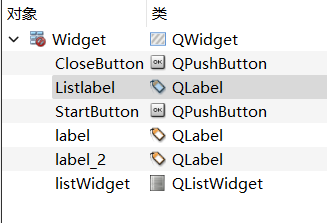
Introduction to Qt (6) - Implementation of the lottery system
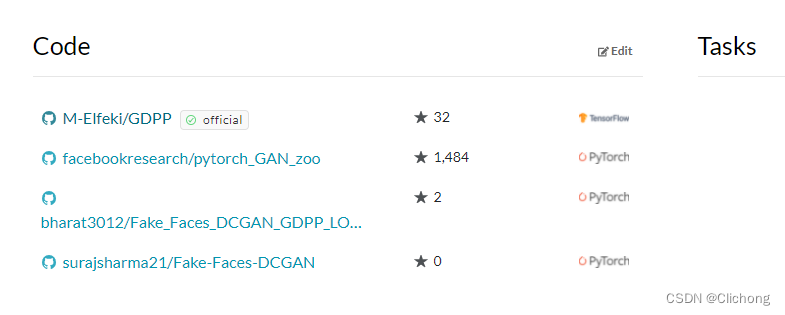
YOLOv5的Tricks | 【Trick10】从PyTorch Hub加载YOLOv5

Go项目配置管理神器之viper使用详解
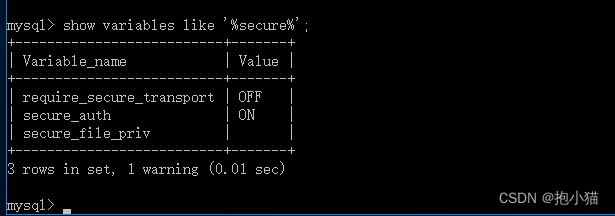
sqlmap combined with dnslog fast injection
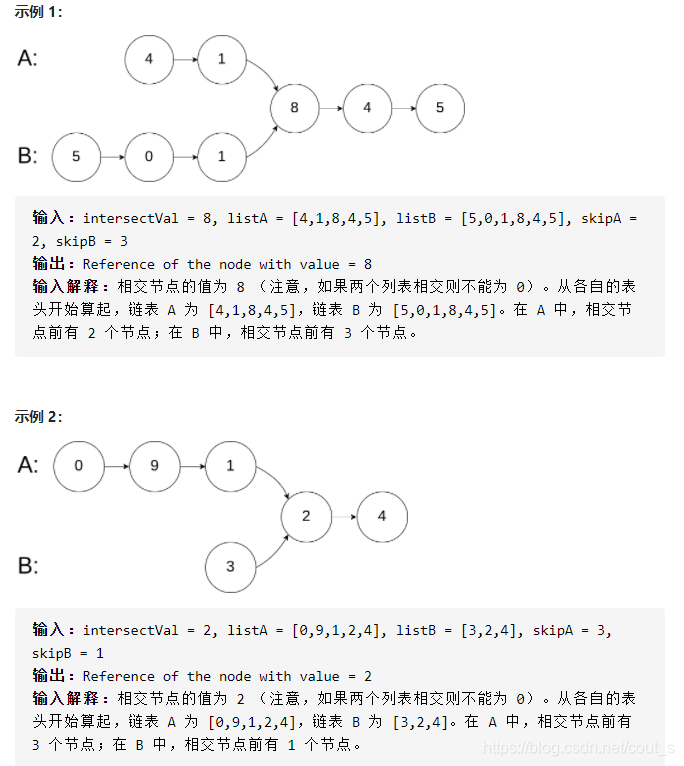
两个链表的第一个公共节点——LeetCode

【考虫 六级英语】语法课笔记
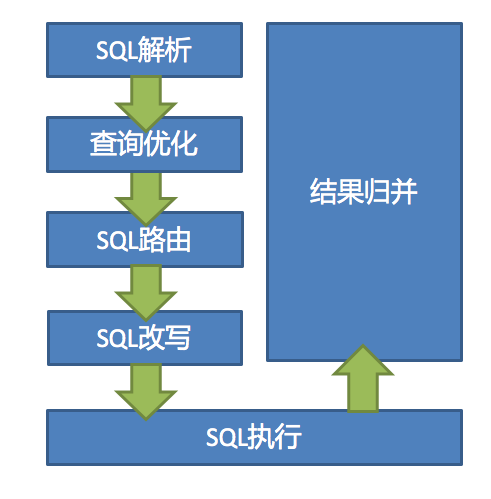
分库分表ShardingSphere-JDBC笔记整理
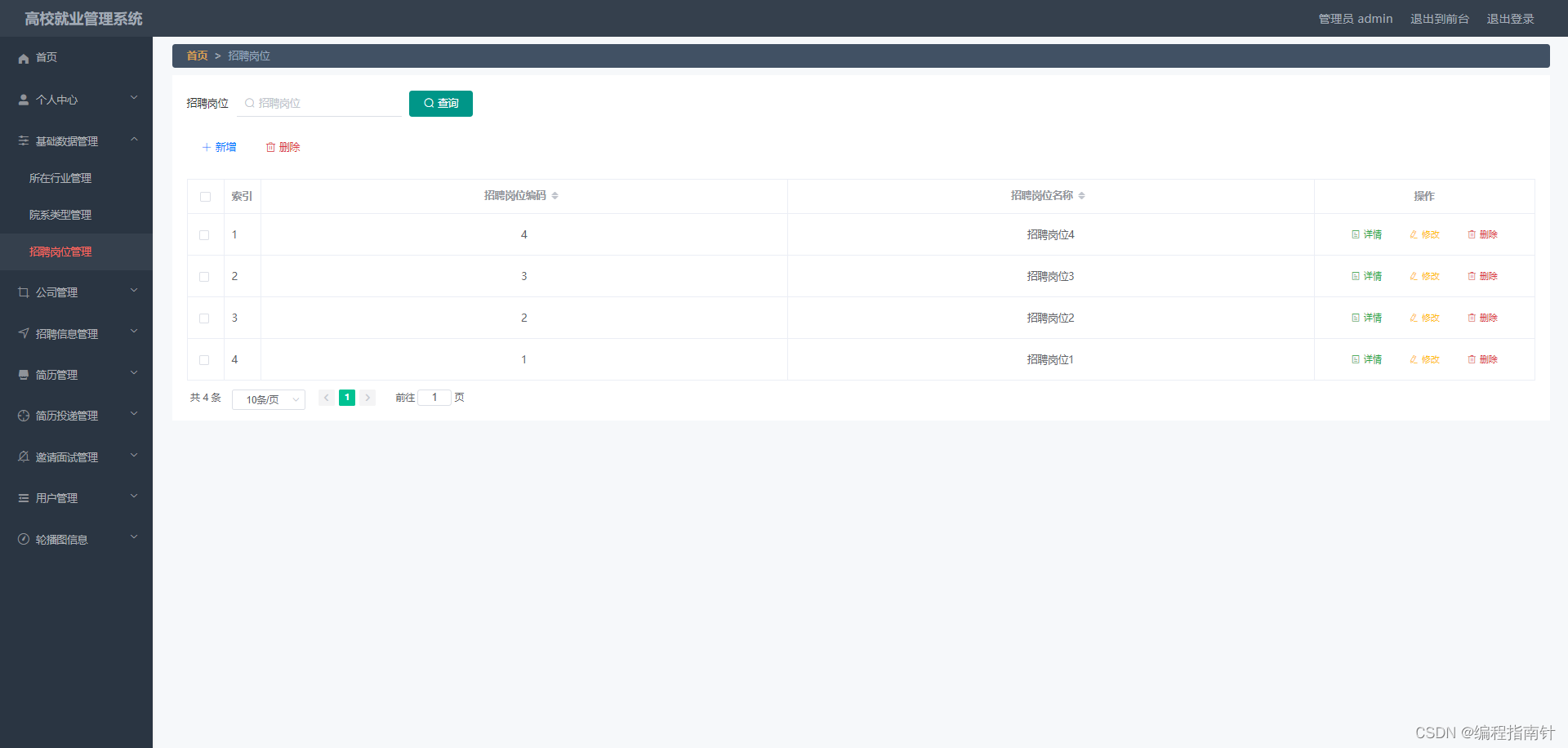
Design and Realization of Employment Management System in Colleges and Universities

WebView2 通过 PuppeteerSharp 实现RPA获取壁纸 (案例版)

“蔚来杯“2022牛客暑期多校训练营2 DGHJKL题解
随机推荐
微信小程序内部A页面向内嵌H5页面跳转,并且传参
How engineers treat open source
"NIO Cup" 2022 Nioke Summer Multi-School Training Camp 4 ADHK Problem Solving
软件测试证书(1)—— 软件评测师
【C语言】探索数据的存储(整形篇)
YOLOv5的Tricks | 【Trick10】从PyTorch Hub加载YOLOv5
① 数据库介绍 及 关系型数据库的关系代数表达式
15. Interceptor - HandlerInterceptor
2022.8.10-----leetcode.640
学习Apache ShardingSphere解析器源码(一)
20张图,全面掌握MVCC原理!
Where can I download IEEE papers?
electron -autoUpdater 更新
13. Content Negotiation
Difference Between Image Recognition and Semantic Segmentation
盘点美军的无人机家底
微信小程序获取当前页面的url和参数
Pagoda Test-Building PHP Online Mock Exam System
鲲鹏编译调试及原生开发工具基础知识
构建资源的弹性伸缩